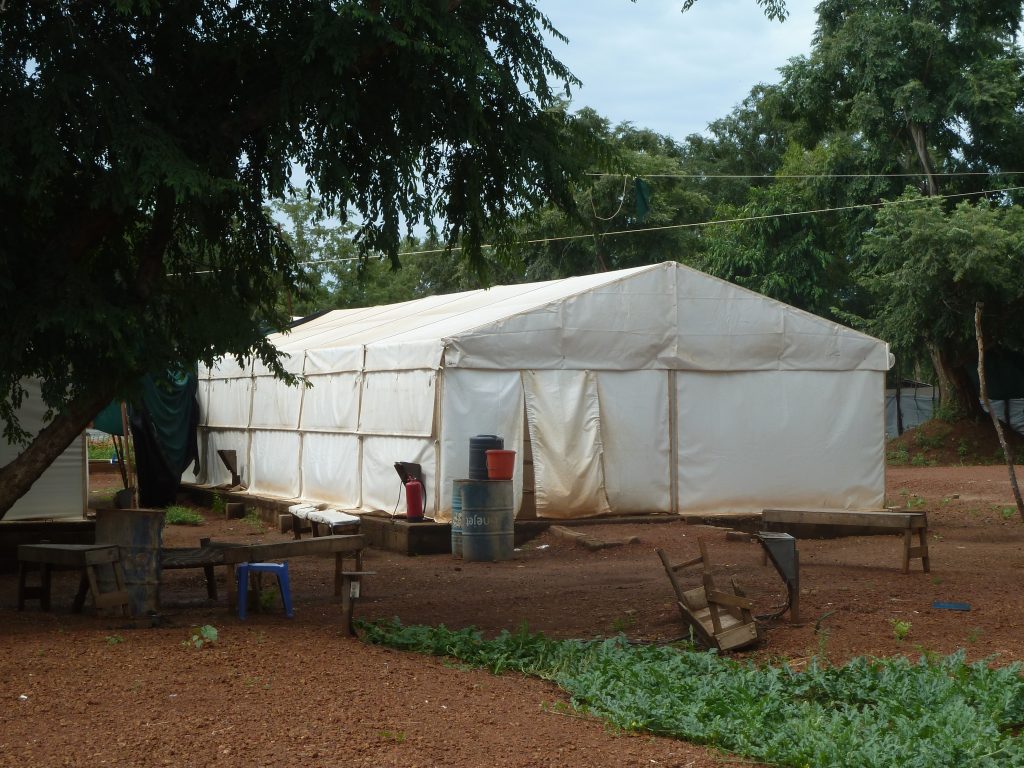
Each year 150 million people are assisted with emergency relief products, representing 20 million kilos of material and a demand of 1.5 billion dollars. Currently, emergency shelters are have a high environmental impact due to the use of a lot of materials, the production process, the transport, but specifically the short lifespan of products and the limited possibilities of re-use.
Circular considerations are crucial to reduce the environmental impact. What is lacking is a combination of knowledge about the design process, production, procurement process, humanitarian needs and circularity and sustainability. With an excellent network, this project investigates, through co-creation, possibilities for a clear and practically applicable circular consideration framework.








